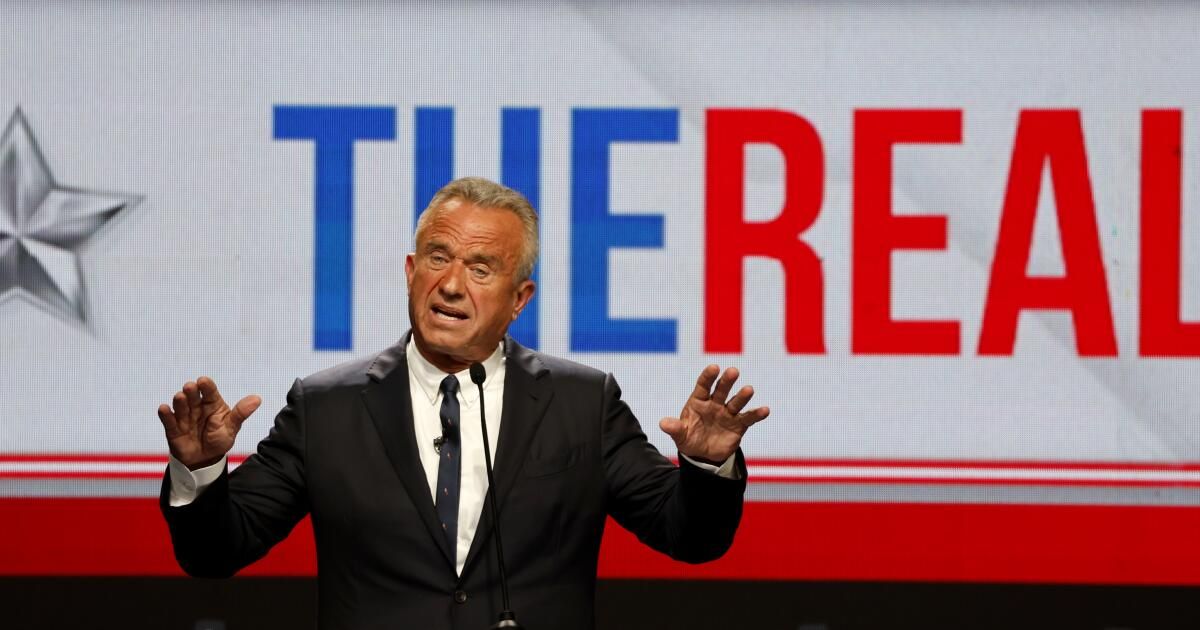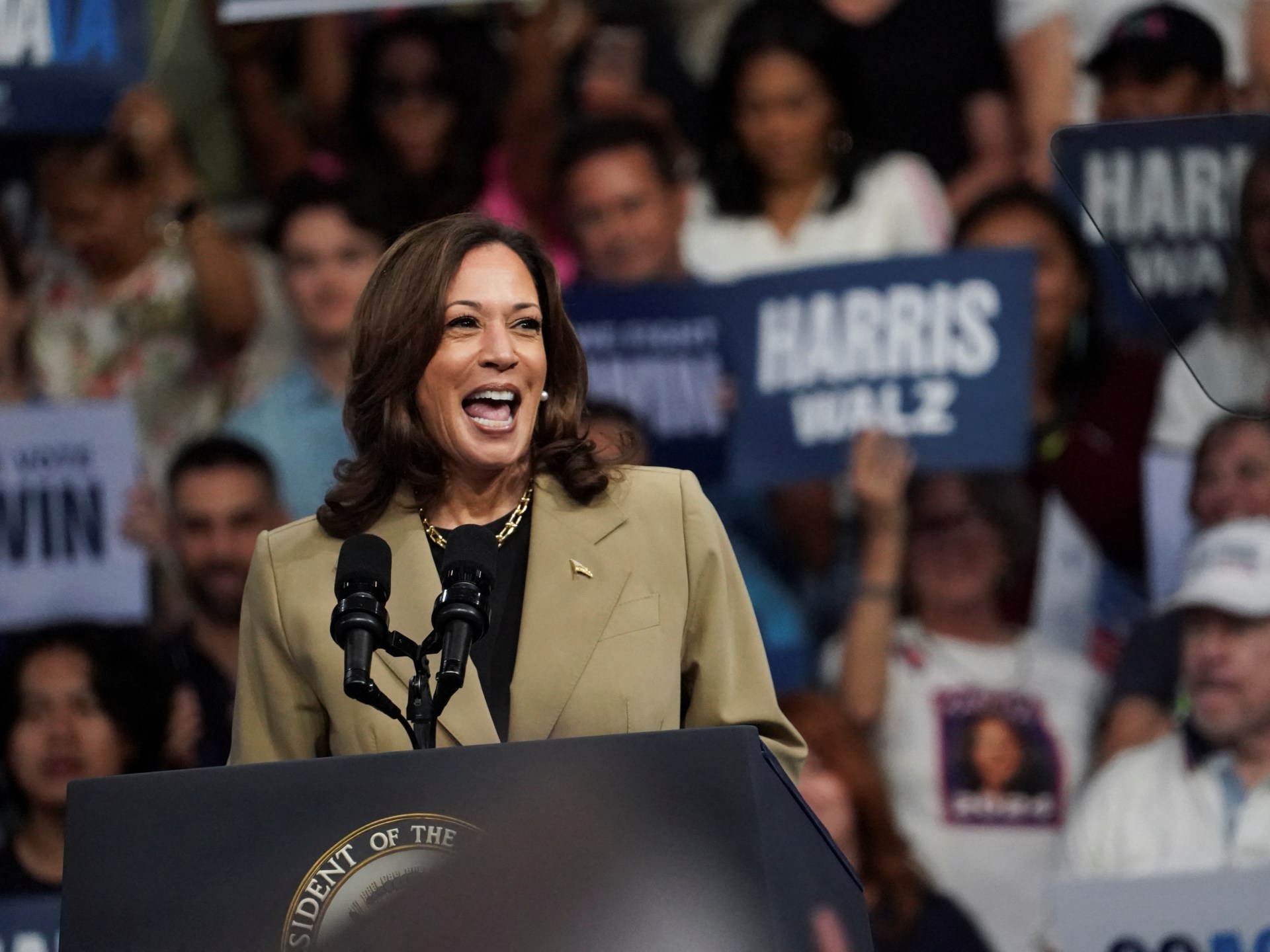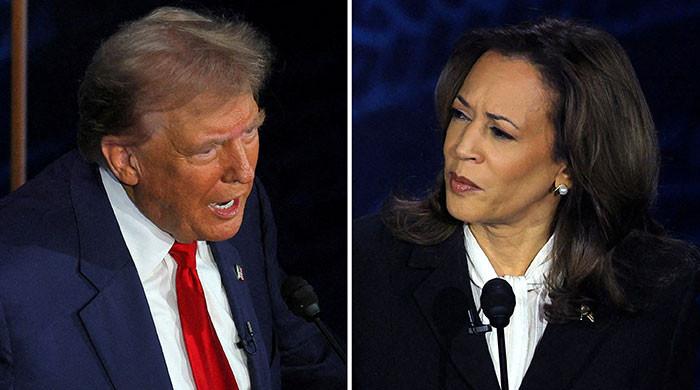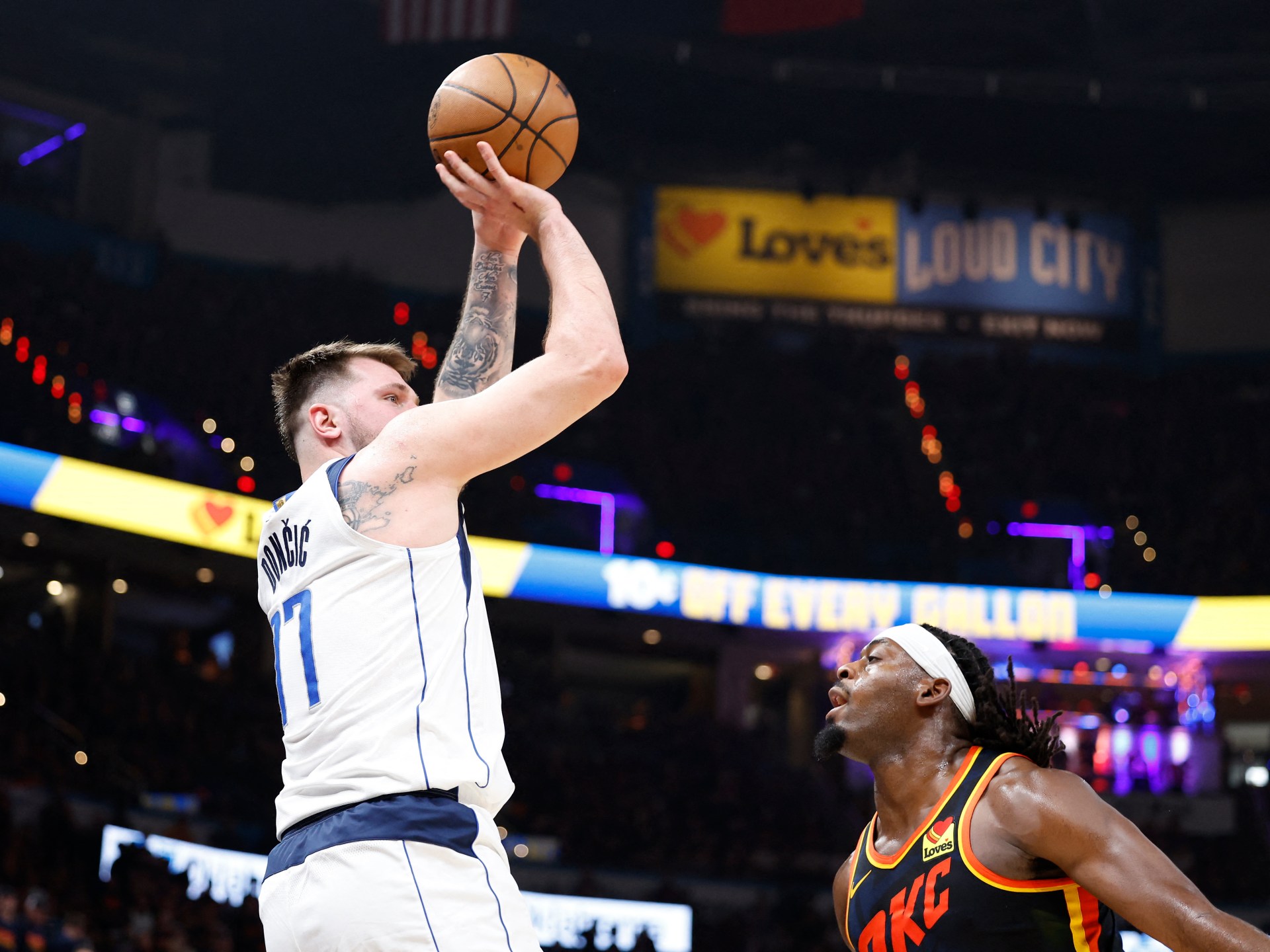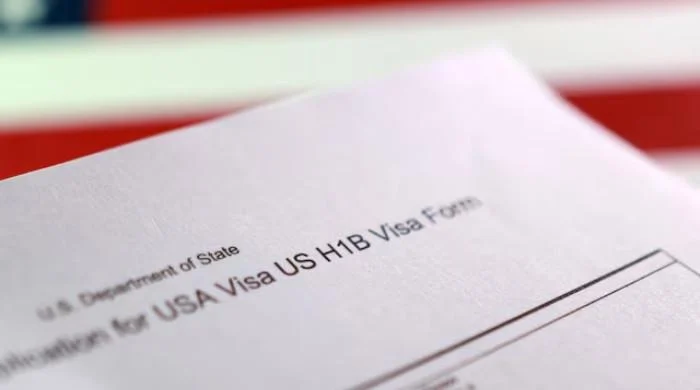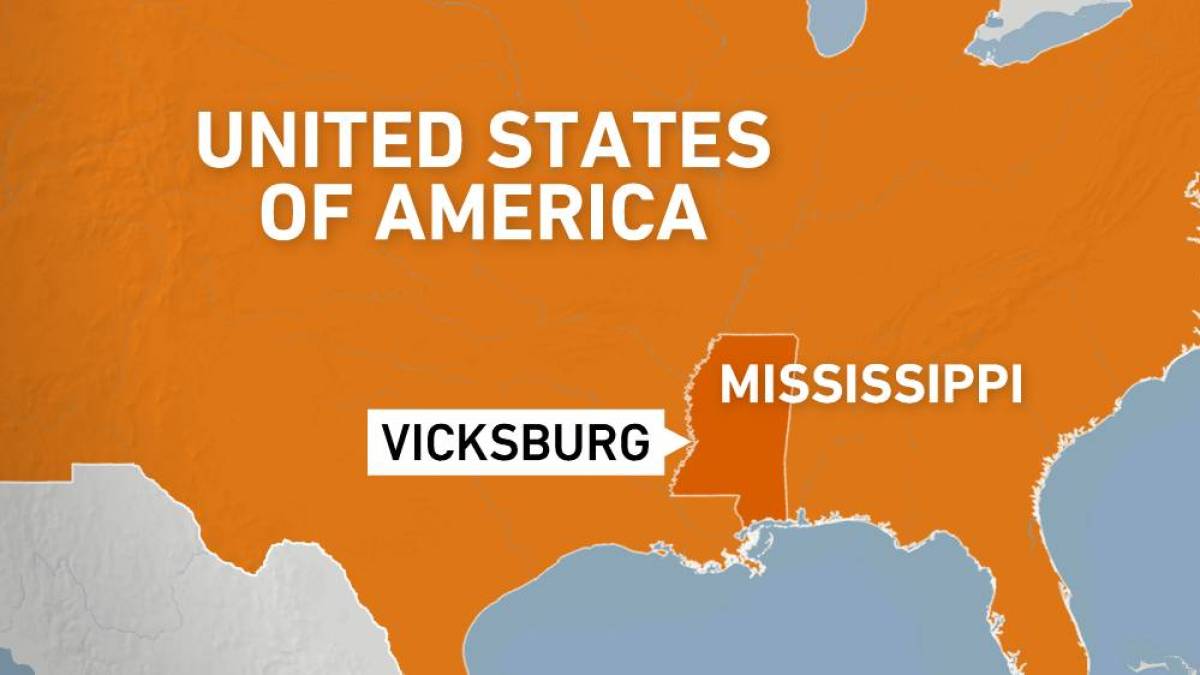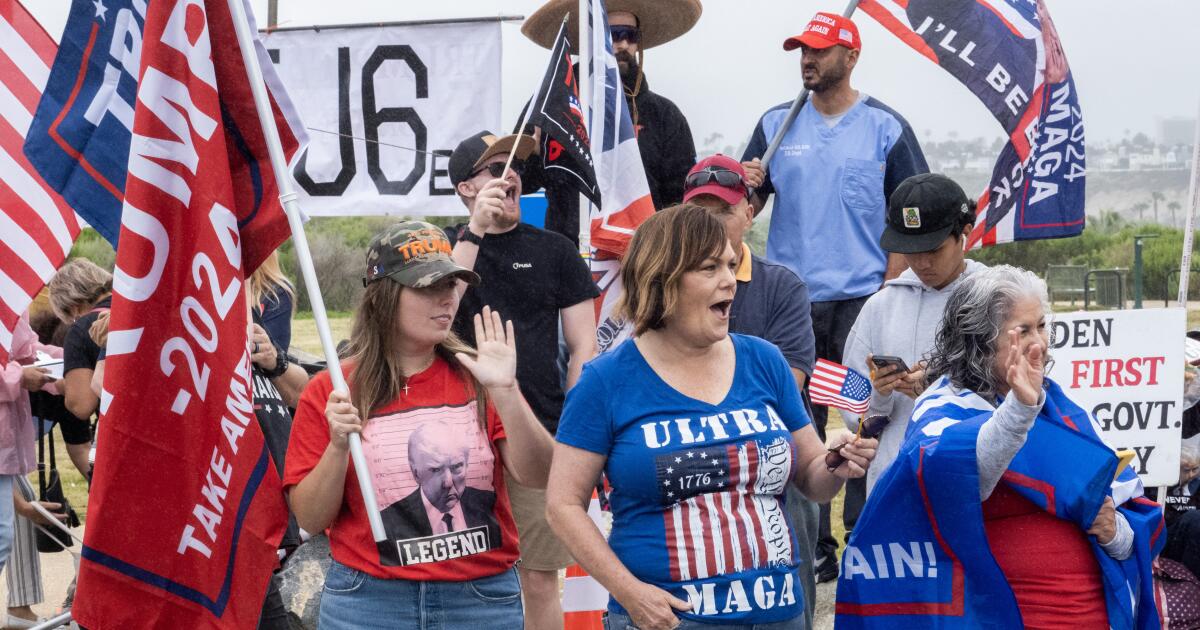A shaky debate performance, an assassination attempt and a dramatic exit from the presidential race all had one thing in common: They pushed Robert F. Kennedy Jr. even further out of the spotlight in the race for the White House.
Kennedy insists his time has yet to come and that President Biden’s decision to drop out in favor of Vice President Kamala Harris has led to a surge of interest in his independent campaign. But experts say this month’s historic events are doing the opposite, pushing the independent candidate out of relevance.
Kennedy's recent heightened attention came not from news of progress in his own campaign, but from the Washington Post's revelation that he had spoken with former President Trump about backing his campaign and taking a job in a second Trump administration.
“He seemed like he was nothing more than an opportunist,” said Michael A. Genovese, a political scientist at Loyola Marymount University. “That was devastating for him.”
Melissa M. Smith, an expert on independent presidential candidates, said Kennedy's path to relevance has become even more difficult.
“Republicans and Democrats are sucking up all the oxygen in the room right now,” said Smith, author of “Third Parties, Outsiders, and Renegades: Modern Challenges to the Two-Party System in Presidential Elections.” “Kennedy hasn’t had a chance to break through because there’s too much going on with the major candidates.”
In a telephone interview from his family compound in Hyannis Port, Massachusetts, Kennedy downplayed his conversation with Trump and said he would also be open to talking to Harris or “anyone who wants to protect the health of children” — a topic he said was part of his 90-minute conversation with Trump. (Though he acknowledged that Harris probably didn’t want to talk to him.)
The environmental lawyer, who lives in Los Angeles most of the year, said Biden’s departure last week “injected a lot of energy into our campaign.” He added: “We’re getting a huge surge in volunteers, contributions and social engagement.”
The new campaign funds Kennedy’s team is claiming have not yet appeared in Federal Election Commission records. Reports filed with the election agency showed that American Values 2024, the super PAC backing Kennedy, raised just $228,000 in June. His own campaign raised $5.4 million, while relying on a large chunk of the $2.5 million donated by his running mate, Nicole Shanahan. But it spent more: $6.2 million.
Kennedy’s campaign had $5.6 million in cash on hand at the end of June, a tiny fraction of the $128 million Trump had and the $96 million Harris had, FEC records show. And that was before the vice president reportedly enjoyed a surge in donations after Biden endorsed her to become the Democratic nominee.
The independent candidate also had to go on the defensive after a Vanity Fair article reported that a weekend nanny accused him of sexual assault when she was in her early 20s and working for the Kennedy family in the 1990s. Text messages revealed that the candidate apologized to the woman after the article was published, but Kennedy told reporters he had no recollection of the alleged attacks.
Independent and third-party candidates traditionally have a hard time attracting the attention of major-party contenders. One exception came in June 1992, when businessman Ross Perot briefly prevailed over President George H.W. Bush and Democratic challenger Bill Clinton. Perot lost steam and Clinton swept to victory.
Perot had enough traction that the Commission on Presidential Debates included him in all three debates in the fall of 1992. Kennedy's exclusion from last month's debate exemplified the challenge he faces.
More than 51 million Americans watched the debate's television coverage, and Biden's vague and rambling performance sparked a groundswell of support for his exit from the race. Kennedy responded by simultaneously streaming her own responses to debate questions. The YouTube show had fewer than 800,000 views.
“There’s a limited window for news, and it’s hard to imagine how she can get a lot of media attention unless she does something completely unprecedented or outlandish,” said Smith, a communications professor at Mississippi University for Women. “She has the misfortune of being in this race where something unprecedented is happening, which puts so much focus on Harris. And it’s really hard to outdo Trump in terms of getting attention.”
Genovese said Kennedy faces an additional hurdle: At 70, she offers a slightly younger option for Americans unhappy with having to choose between two of the oldest candidates in history: Biden, 81, and Trump, 78. Harris, 59, is now a much younger alternative.
“When we had the two least popular candidates in history on the ballot, or that possibility, I think a third-party candidate could be someone to consider,” Genovese said. “But with Harris entering the race, that takes age off the table. I think a lot of Democrats are going to support her.”
Kennedy said his disappointment with both parties was deepening and would help him in the long run. Last week, he announced an initiative called “America Strong,” aimed at generating the kind of nonpartisan unity that is on display after facing natural disasters.
“What we have not had is a unity government,” Kennedy said, “led by an independent president, beholden to no party, free of corporate influence, owing no favors to the Washington establishment, and willing to recruit the best ideas from both parties and from all those who have been excluded.”
While he has been critical of both parties, Kennedy has recently focused more of his ire on the Democrats, the party of his father, Senator Robert F. Kennedy, and his uncle, President Kennedy.
He rebuked Harris, saying she had been “playing a leading role in assuring the country that President Biden did not have cognitive impairment. And I think people now realize that that was not true.”
“I think Americans want to be able to trust their leaders,” he added, “and there is an appearance, at least, that she put her political ambitions ahead of our national interests.”
Although Kennedy has been a forceful campaigner and has a fanatical following among some Americans, most national polls have shown his support hovering in the single digits. He has been viewed by many as a fringe candidate, and mainstream science and medicine reject his claims that vaccines often harm people and can cause autism.
He criticized both Trump and Democrats for the “500-day lockdown” that followed the spread of COVID-19 in 2020. He called the closure of churches, public gatherings and the tracking of health data part of the “greatest attack on the Constitution in American history.”
Kennedy announced in October that he would drop out of the Democratic nomination and run as an independent.
Following Biden's departure, Kennedy criticized the president for his swift “anointing” of Harris. He said the Democratic nominee should instead be chosen based on a series of “zero-margin-of-error polls” measuring which candidate was most likely to defeat Trump.
“And if they did, by the way, I would win,” Kennedy said, pointing to a poll conducted for his campaign that showed him leading the Republican.
A New York Times-Siena poll released Thursday found Harris and Trump virtually tied nationally, with the Republican leading by one percentage point among likely voters. Adding Kennedy and other independent and third-party candidates into the mix, the poll showed Harris holding a one percentage point lead over Trump, with Kennedy a distant third at 5%.
Kennedy's criticism of Democrats has sparked anger and disdain within the party, including among members of his extended family, who form one of America's great political dynasties.
Following news of the recent meeting between Kennedy and Trump, the Democratic National Committee released a scathing statement.
DNC spokesman Matt Corridoni said: “The fact that RFK Jr. was involved in the very backroom political deals he claims to despise shows he knows his candidacy as a spoiler will not get him to the White House.”

